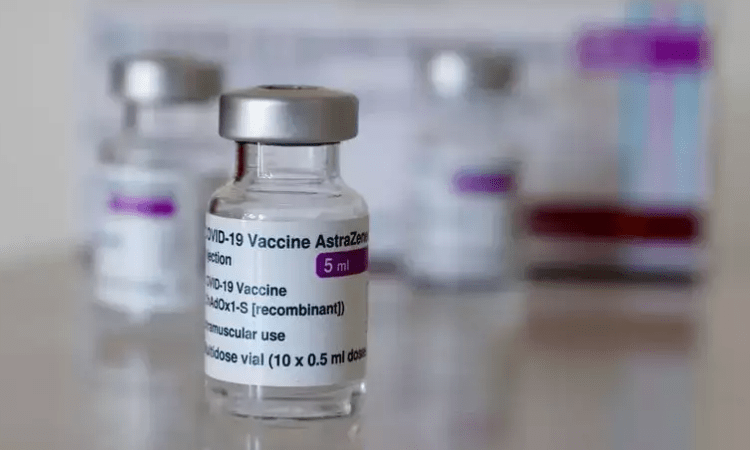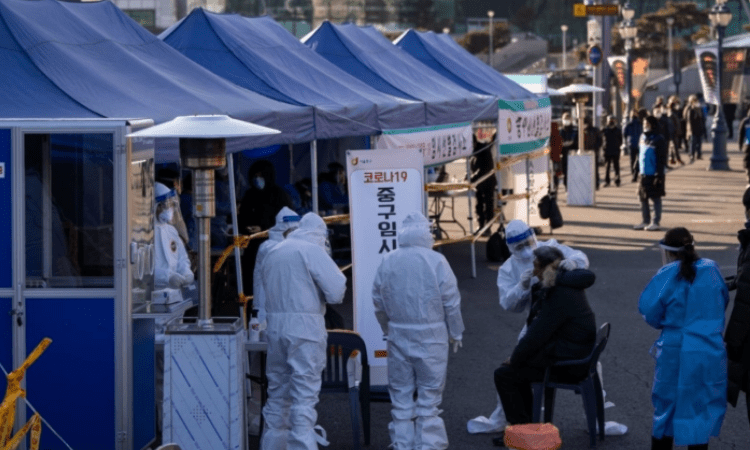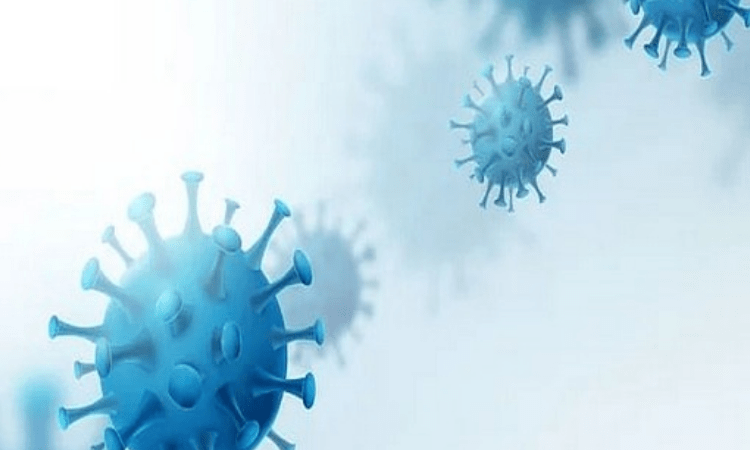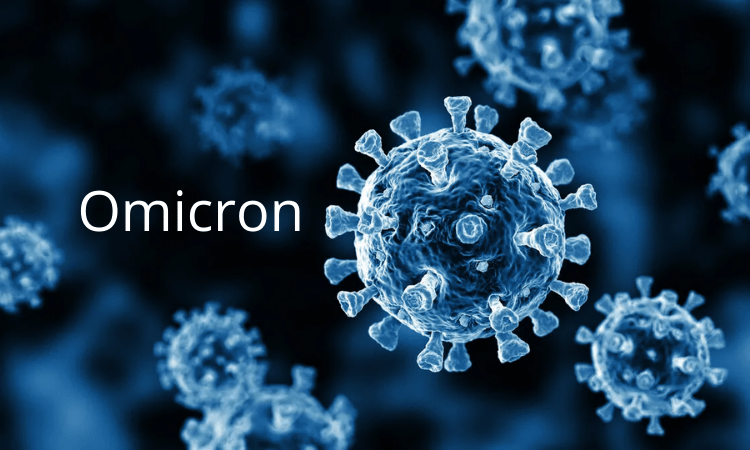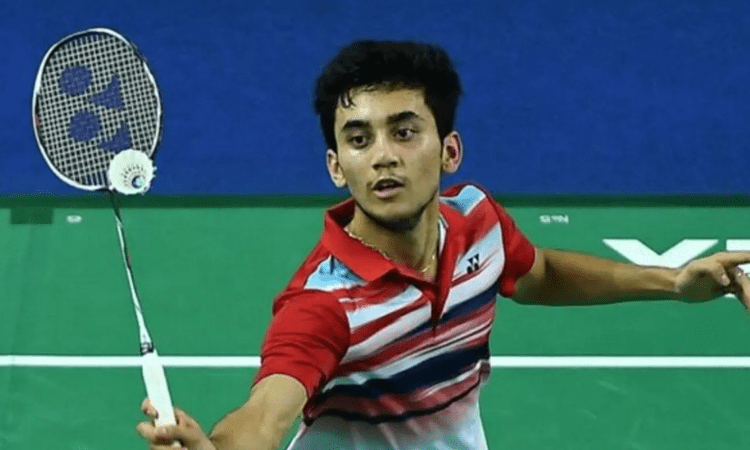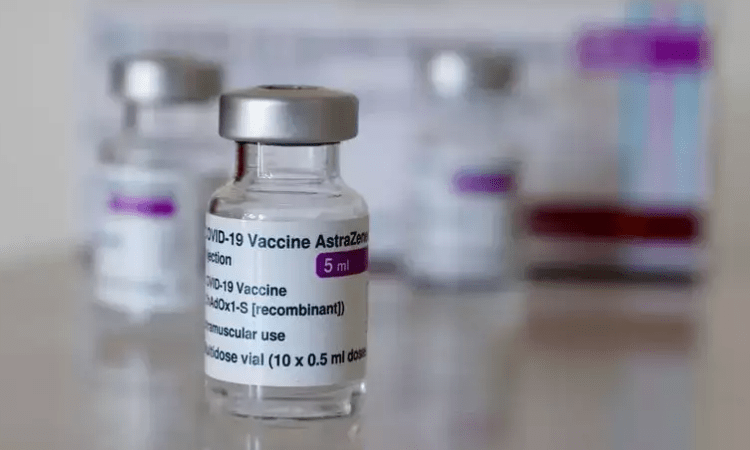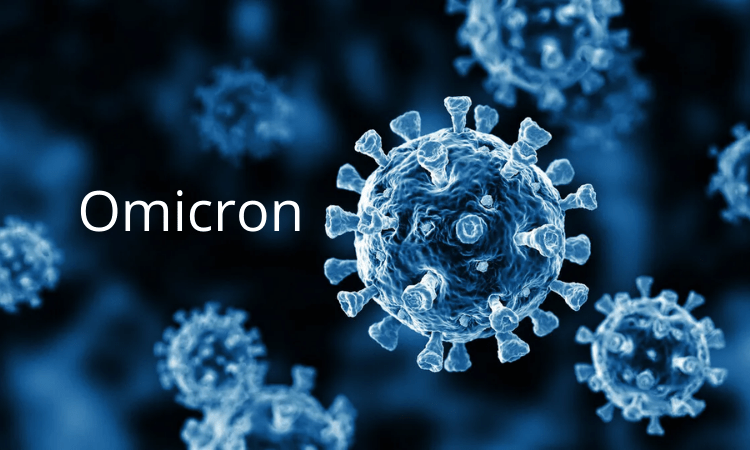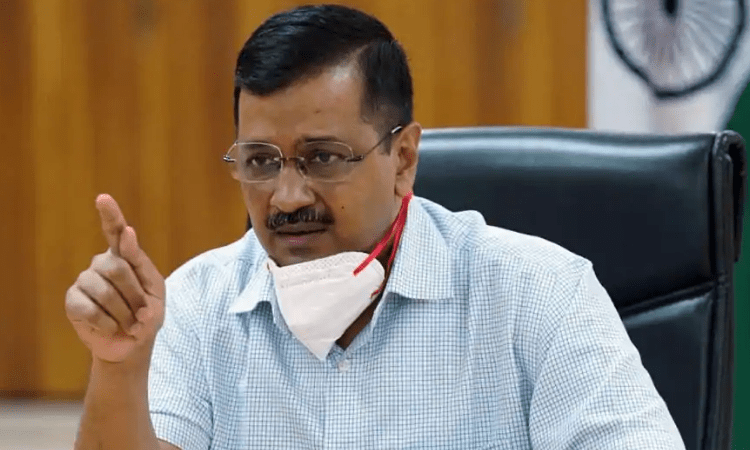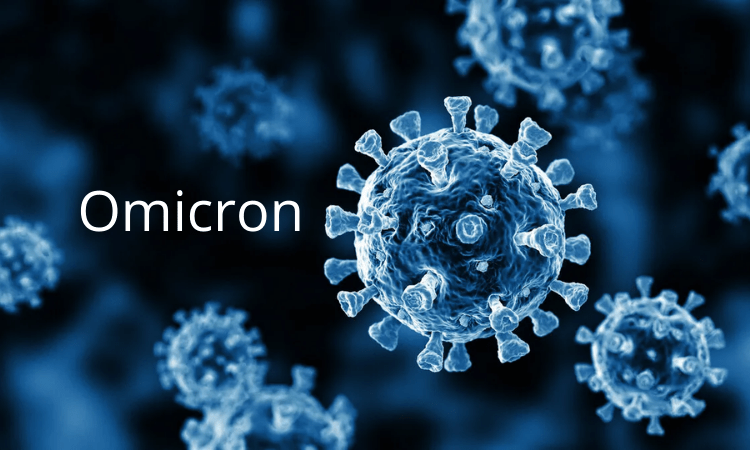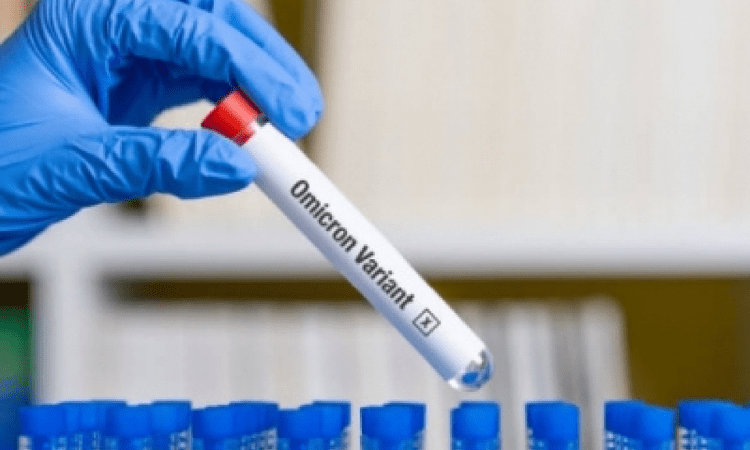AstraZeneca’s Vaxzevria [Recombinant] significantly boosted levels of antibodies against the Omicron SARS-CoV-2 variant following a third dose booster, according to data from a new laboratory study.
Neutralisation titres for Omicron were boosted following a third dose with Vaxzevria compared to titres after a second dose.
The levels seen after the third dose booster were higher than the neutralising antibodies found in individuals who had been previously infected with and recovered naturally from Covid-19 (Alpha, Beta, Delta variants and original strain).
Sera obtained from individuals one month after receiving the third dose booster vaccination neutralised the Omicron variant to levels that were broadly similar to those observed one month after the second dose against the Delta variant.
Two doses of Vaxzevria have been associated with protection against the Delta variant in real world studies.
The study analysed blood samples taken from individuals infected with Covid-19; those who had been vaccinated with a two-dose schedule and a third dose booster; and those who had reported previous infection from other Covid-19 variants of concern. The study included samples from 41 individuals who had received three doses of Vaxzevria.
The study was performed independently by investigators at the University of Oxford and the findings were posted online on the bioRxiv pre print server.
Professor Sir John Bell, Regius Professor of Medicine, University of Oxford, UK and one of the study investigators, said: “It is very encouraging to see that current vaccines have the potential to protect against Omicron following a third dose booster. These results support the use of third dose boosters as part of national vaccine strategies, especially to limit the spread of variants of concern, including Omicron.”
Sir Mene Pangalos, Executive Vice President, BioPharmaceuticals R&D, AstraZeneca said: “Vaxzevria plays an important role in vaccination programmes around the world and these data give us confidence that the vaccine should be given as a third dose booster. It is also important to look beyond antibodies to better understand how vaccines offer protection against Omicron. As we better understand Omicron, we believe we will find that T-cell response provides durable protection against severe disease and hospitalisations.”
Data from another laboratory study support Vaxzevria’s effect against Omicron, with individuals vaccinated with two doses of Vaxzevria retaining neutralising activity against Omicron, although a decrease was seen compared to the original strain.
In other studies, Vaxzevria has been shown to generate a diverse and durable T-cell response to multiple variants resulting in a broader response than antibodies alone, which could contribute to protection against Covid-19.
AstraZeneca is collecting real world evidence evaluating the effectiveness against the Omicron variant with academic groups in the southern African region. AstraZeneca is also analysing blood samples from participants in the Company’s Phase II/III trial to evaluate neutralising activity when given as a third dose booster against Omicron for both Vaxzevria and its investigational next generation Covid vaccine, AZD2816. Data from these studies are expected soon.
Currently available data against variants of concern, excluding Omicron, support the use of a third booster with Vaxzevria as part of a homologous or heterologous schedule.
A sub analysis from the COV001 and COV002 trials demonstrated that a third dose of Vaxzevria given at least six months after a second dose boosted antibody levels six-fold and maintained T cell response.
A third dose also resulted in higher neutralising activity against the Alpha, Beta, and Delta variants, compared with a two-dose regimen. In the trial, the third dose of Vaxzevria was less reactogenic than the first dose.
In addition, the COV-BOOST trial showed that a third dose booster of Vaxzevria induced significantly higher immune responses compared with controls against the Delta variant and original strain following a primary vaccine series of Vaxzevria or Pfizer BioNtech.


